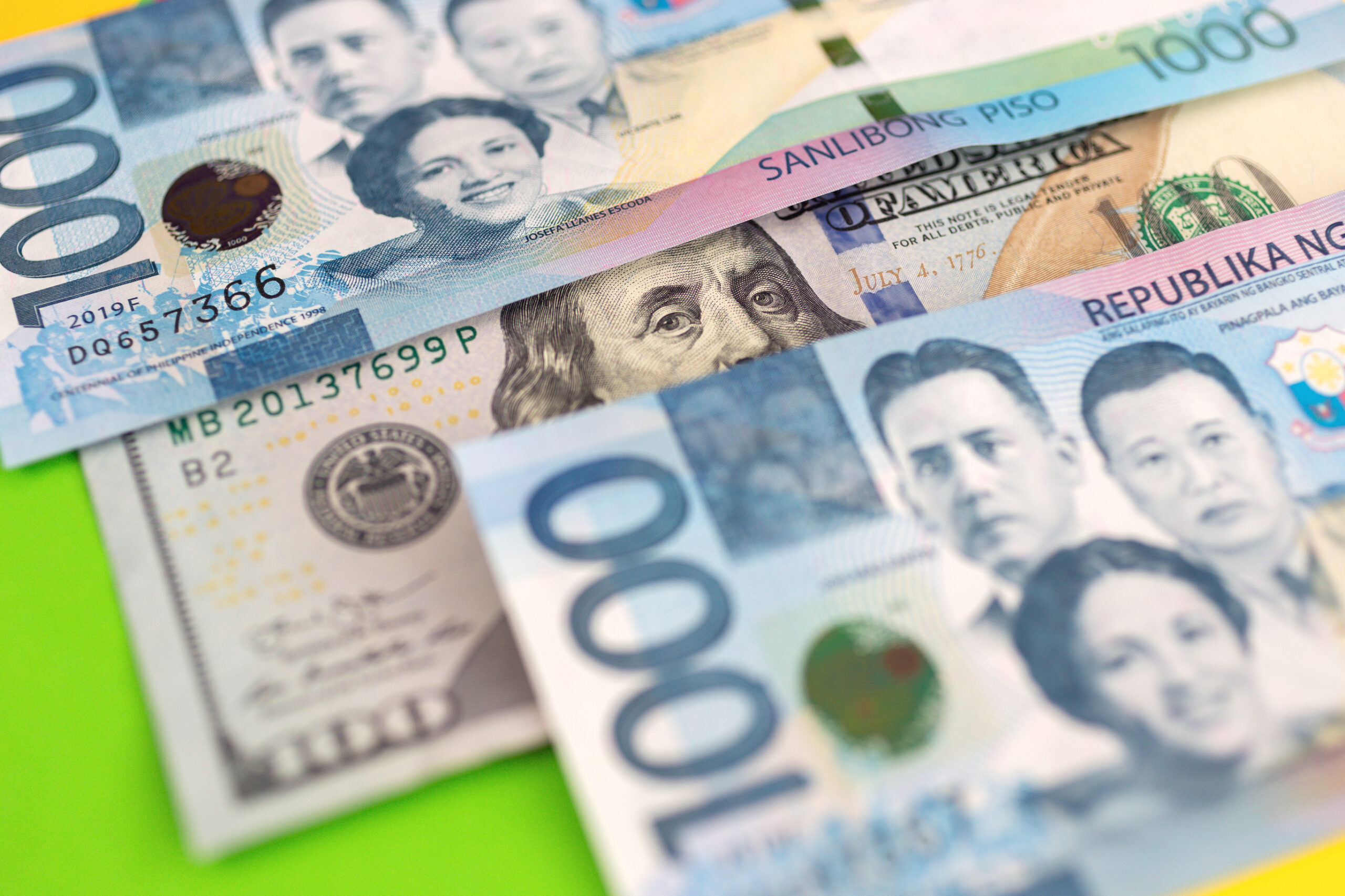
Southeast Asian economies such as the Philippines and Indonesia still have sufficient buffers preventing them from tapping the Chiang Mai Initiative Multilateralization (CMIM), according to the Asean+3 Macroeconomic Research Office (AMRO).
In a commentary, AMRO Strategy and Coordination Officer Andrea Salvador and Advisor to Strategy and Coordination Group Chanthevivanh Keobounphanh said both economies have sound economic fundamentals and effective toolkits to manage exchange rate stability and inflation.
The Asean+3 region established a crisis prevention facility, called the Chiang Mai Initiative Multilateralization Precautionary Line (CMIM-PL), which is a swap line for a CMIM member with “sound economic fundamentals” but is experiencing potential short-term liquidity and/or balance-of-payment (BOP) difficulties.
“They could easily pass the first criteria for precautionary access. However, on whether these economies are experiencing a potential liquidity squeeze that would warrant PL activation, recent data, supported with the adequate policy tools, indicate otherwise,” Salvador and Keobounphanh said. “So far, both seem to have ample reserves as their first line of defense against liquidity difficulties and easing exchange rate pressures.”
Official data as of end-October 2022 indicated that sufficient reserves for the Philippines and Indonesia represent 7.5 months’ and 5.8 months’ worth of imports respectively. These are well above the 3 months of imports as the headline threshold.
Citing Bangko Sentral ng Pilipinas Governor Felipe M. Medalla, the Amro experts said the BSP has enough US dollar liquidity to stabilize and ease exchange rate pressures and will not use any bilateral or regional currency swap arrangements.
Similarly, Salvador and Keobounphanh said Bank Indonesia has stated that its official reserve assets remain adequate, supported by a stable domestic economic outlook.
“The cases of the Philippines and Indonesia are among the reasons…the CMIM has never been tapped. Member economies in the region still have sufficient foreign reserves as their first line of defence. Only when a country feels it needs more liquidity buffers will it use existing facilities,” AMRO said.
Earlier, the Philippines posted a Balance of Payments (BOP) surplus after six consecutive months of posting deficits this year, according to the Bangko Sentral ng Pilipinas (BSP).
Data showed the country’s overall BOP surplus reached $711 million in October 2022. This is only the second time BOP was in surplus after March 2022 when the surplus reached $754 million.
However, BSP said, the BOP surplus in October was lower than the $1.1 billon posted in October 2021 (full story here: https://businessmirror.com.ph/2022/11/18/bsp-reports-lower-bop-deficit-in-october/).
Image credits: Aldar Darmaev | Dreamstime.com
